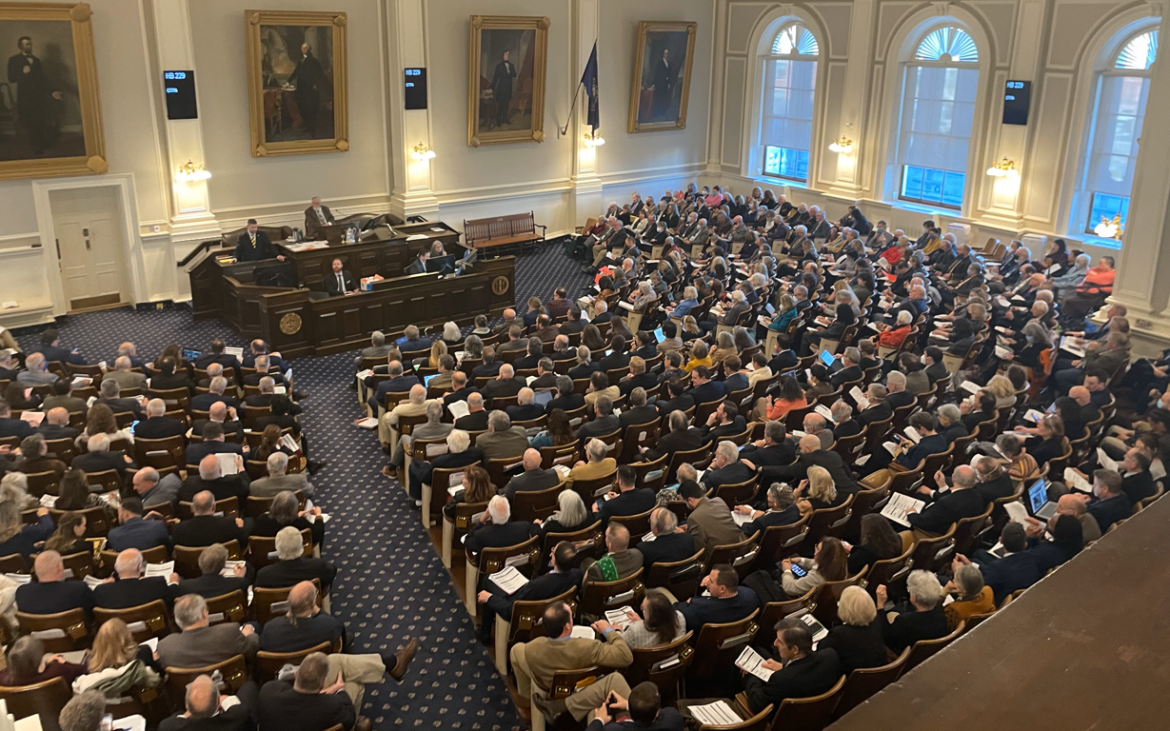By GARRY RAYNO, InDepthNH.org
CONCORD — The House decided to revisit a bill that could have made right-to-know requests costly for those seeking the information.
The House Thursday voted 195-183 to reconsider its action passing House Bill 1002, which would allow local government and the state to charge $25 an hour if a right-to-know request takes more than 10 hours to complete.
Last week the House passed the bill on a 193-179 vote with supporters arguing the bill would transfer the cost of large requests, which mostly come from commercial enterprises, from taxpayers to those asking for the information.
Opponents had argued the change in law is ripe for abuse and would interfere with attempts to hold government accountable while there are already safeguards in law to protect against frivolous, wanting or oppressive requests for public information.
The bill is supported by the NH Municipal Association and numerous city and town officials, but opposed by a broad range of organizations from the New Hampshire Press Association, to the Liberty Alliance, the American Civil Liberties Union, and Americans for Prosperity.
At Thursday’s session, Rep. Lisa Smart, R-Meredith, said she did not understand the bill when she voted last week, and there may have been some misconceptions.
Rep. J.R. Hoell, R-Dunbarton, said during debate not everyone was clear what was going on or the bill’s unintended consequences.
He said the House needs to have further discussions on the bill before it goes to the Senate.
But those not wanting to reconsider asked if there was new information, or some discovery that makes it conflict with existing law, or the House overlooked some fact that needs to be considered.
Without that they said, reconsidering the bill would be a bad precedent.
Rep. Bob Lynn, R-Windham, and chair of the House Judiciary Committee which recommended the bill pass, said his committee had a great deal of discussion and it was not a unanimous vote.
He said there should be something specific and new that would require another look for the bill to come back to his committee.
There were three or four amendments ready, Hoell said.
Once the reconsideration passed, Lynn moved to recommit the bill to the Judiciary Committee, and then Hoell moved to table the bill.
Lynn argued the committee was the place for new discussion on the amendments and any new information.
After the motion to table the bill failed, the House voted to send it back to the Judiciary Committee for more work.
Garry Rayno may be reached at garry.rayno@yahoo.com.






